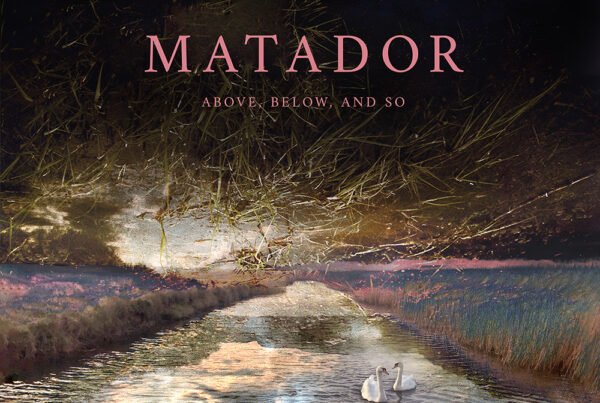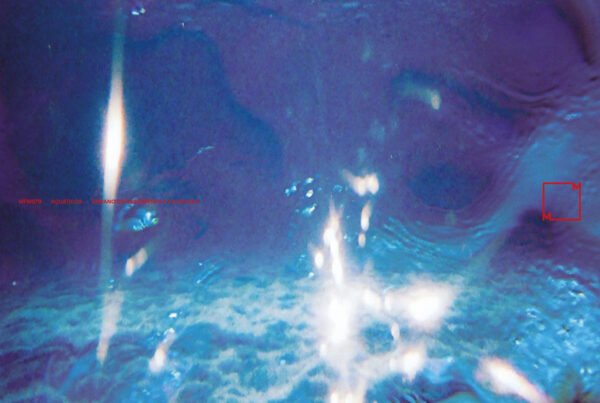With [m]other, Veil of Maya offer a focused, furious blend of massive metalcore choruses, myriad electronic flourishes, and their signature, inhumanly tight djent riffage.
Release date: May 12, 2023 | Sumerian Records | Facebook | Instagram | Website
You know Veil of Maya if you’ve been following this blog long enough or the genre that inspired it. Their turn to more melodic metalcore after their three-album tenure as a technical deathcore band with 2015’s Matriarch rattled many cages back then. However, it was such a change that also cemented the sound of what we so often call ‘Sumeriancore’ now (after their label and the sound developed alongside current and former labelmates like Born of Osiris, Periphery, and more).
Their follow-up, False Idols, did not inspire me too much then but has since warranted several returns and reconsiderations, primarily due to vocalist Lukas Magyar’s penchant for infectious hooks. Matriarch and False Idols made space for experimentation, including string sections, genre shifts, and instrumental interludes. However, it has been six years since Veil of Maya released a full-length album. It seems like, in that time, they have refined their sound to the sharpest and most defined edge they can put on their already clinically precise rhythms and hooks. As such, [m]other is Veil of Maya perhaps at their most streamlined and melodic, cementing their penchant for angular, inhuman riffs alongside synths and gigantic hooks.
This thesis is evident in every track but effectively introduced by the opener, “Tokyo Chainsaw”. Marc Okubo’s signature panic chords, ridiculously tight chugs, and darting leads start us off before Magyar’s low-mid screams command the track. Here, his impressive cleans don’t appear, only to surface to remarkable effect on the stomping, saw-synth-led “Artificial Dose”.
These interesting synth choices are more developed here than on any previous Veil of Maya release, despite being a feature of their sound for years. Much of tracks like “Red Fur”, “Disco Kill Party”, and “Mother Pt. 4” lean heavily on a myriad of modern and vintage synth sounds that evoke anything from EDM to the Stranger Things soundtrack, alongside breakbeat elements, vocal manipulations, and, of course, heavy doses of metalcore. “Disco Kill Party” takes this foundation in a particularly catchy direction, making for perhaps the most anthemic track on the album. By comparison, “Mother Pt. 4” is esoteric and mysterious – it immediately intrigued and entranced me. I was especially impressed when the synth riff transformed into a guitar performance.
Of course, the band’s heaviness still remains intact. “Synthwave Vegan” will soon be a moshpit fixture, merging danceable synths with unabashed dissonance, syncopated grooves, and stuttered guitar leads. The more recent single “Godhead” also captures this intensity alongside a suitably videogame-like music video to complement it. The band’s last couple of albums have received some criticism for not being heavy enough, but [m]other really seems to have something for all fans of the band.
[m]other wastes little time. With ten tracks and a 35-minute runtime, it is Veil of Maya’s shortest record since 2012’s Eclipse. However, despite its short length, the band makes their ethos clear, uniting technical rhythms, dissonant leads, huge vocal hooks, and synth layers for their most focused release in years. I doubt this album will bring the band fans who weren’t into Matriarch or False Idols. Still, it certainly offers a refined, satisfying, familiar, yet inventive enough experience for those who have been waiting six years to hear more from the band.






